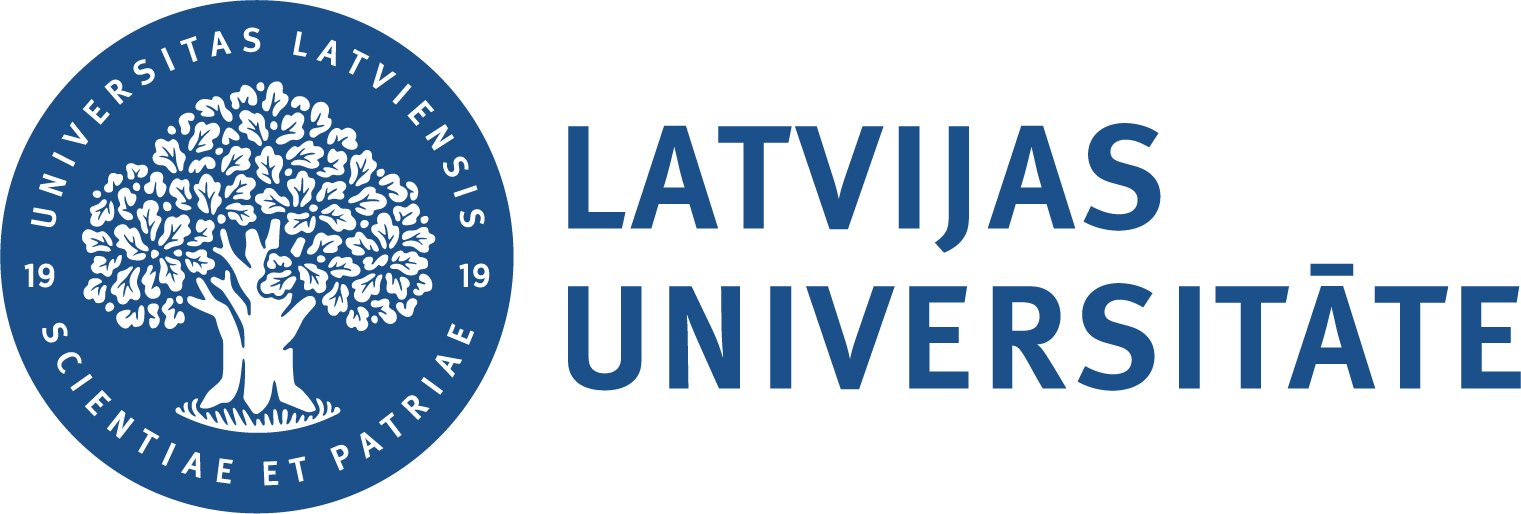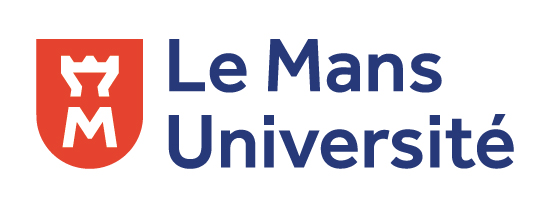 |  |
6th INTERNATIONAL SYMPOSIUM LANGUAGE FOR INTERNATIONAL COMMUNICATION: LINKING INTERDISCIPLINARY PERSPECTIVES (LINCS)
Organized by the University of Latvia (Latvia)
in association with
Le Mans University (France)
TRANS-CULTURAL ECOSYSTEMS: LANGUAGE, CULTURE, AND LITERATURE
Riga, 9-10 May 2024
Call for Papers
We are pleased to invite you to the Sixth International Symposium Language for International Communication: Linking Interdisciplinary Perspectives (LINCS) titled “Trans-cultural ecosystems: language, culture, and literature” to be held in Riga on May 9-10, 2024.
The International Symposium Language for International Communication: Linking Interdisciplinary Perspectives has been an integral part of the research ecosystem of the Department of English Studies, the Centre for Applied Linguistics, and the Department of Romance Studies at the Faculty of Humanities of the University of Latvia since 2009. At the conference “Transcultural Perspectives in Language, Literature and Culture in the 21st century” at Le Mans University (France) organized in association with the University of Latvia on May 19-20, 2022, the topic of transculturality opened broad perspectives on the study of discourses.
Through discourses, people generate and transmit knowledge on a variety of issues, including climate change, environmental sustainability, conservation, endangered species, and eco-inequality. Moreover, it has been recognized that language as part of ecosystems may not only influence our thoughts, ideas, ideologies, and worldview but also affect our behaviour. In this regard, language, culture, and literature play a prominent role in encouraging the protection of environment and promoting more eco-friendly living, so eco-transculturality can appear valuable in environmental humanities and central to transcultural ecocriticism. This symposium aims at a close examination of these trans-cultural ecosystems.
We invite papers that explore language use and meaning creation in fiction or non-fiction marked by a transcultural worldview and a particular sensibility to eco-issues. Since environmental and nomadic thought is also marked by an accrued sensibility to the nonhuman, special attention could also be given to how eco-transcultural imagination highlights the nonhuman.
We invite submissions on but not limited to the following topics:
- Metaphor and its fundamental usefulness: ecology of language
- Meaning creation in interaction
- Linguistic and cultural diversity in specific socio-political settings
- Education and classroom practices: ecology of language
- Diversities in new technology use in language, culture and literature
- Multilingual language policies in sociopolitical, economic, and cultural environments
- Environmental discourse: narrative of climate change
- Eco-transcultural theory
- Transcultural eco-poetics; ecology and transcultural life-writing; transcultural eco-art
- Eco-transculturality in philosophical nomadism
- Lexicology, lexicography, terminology
Keynote speakers
Piotr Cap, Professor and Chair of Pragmatics, University of Lodz, Poland
https://orcid.org/0000-0002-7685-4112
(Anti-)Immigration Discourses in the Post-2015 Poland: A Proximization Theoretical Perspective
Hubert Zapf, Professor of American Literature and Co-Director of Environmental Humanities at the University of Augsburg, Germany
https://orcid.org/0000-0001-5785-2093
Cultural Ecology in Decolonial Perspective
Jeļena Vladimirska, Professor of French and Romance Linguistics, University of Latvia, Latvia
https://orcid.org/0000-0003-0729-1958
Les indices prosodiques et mimique-gestuels comme marqueurs des opérations énonciatives /
Prosodic and Mimic-Gestural Cues as Markers of Enunciative Operations
Working languages
English, French, and Spanish
Format of the symposium
The symposium is an in-person event.
Abstract submission
Abstracts of 250 to 300 words should be submitted by February 12, 2024
All papers submitted for the Symposium will be blind peer-reviewed. The papers having positive reviews will be published in the Proceedings Language for International Communication: Linking Interdisciplinary Perspectives (this publication will be submitted for evaluation for its inclusion in the Web of Science (Conference Proceedings Citation Index) and EBSCO databases (Communication Source and Central & Eastern Europe Academic Source)) and on the symposium website.
Volume 3 of the Proceedings Language for International Communication. Trans-Cultural Ecosystems: Language, Culture, and Literature is indexed in Web of Science (Conference Proceedings Citation Index) and EBSCO databases (Communication Source and Central & Eastern Europe Academic Source)).
Volume 4 of the Proceedings Language for International Communication. Language for Specific Purposes in the Era of Multilingualism and Technologies is indexed in EBSCO database (Communication Source and Central & Eastern Europe Academic Source)).
Selected manuscripts will be published in a special issue of the international scientific journal Baltic Journal of English Language, Literature and Culture, indexed in ERIH PLUS, Web of Science: Emerging Source Citation Index, Scopus.
SUBMISSIONS IN ENGLISH to Dr.philol. Indra Karapetjana at indra.karapetjana@lu.lv
SUBMISSIONS IN FRENCH to Dr.philol. Jelena Vladimirska at jelena.vladimirska@lu.lv
SUBMISSIONS IN SPANISH to Dr.philol. Alla Placinska at alla.placinska@lu.lv

